It is «a pioneering project in Portugal», which is based in the Algarve and is intended to prepare the tourism sector for a more sustainable future. It is the Collaborative Laboratory (CoLAB) of Tourism, which started this Thursday, 8th of July. There are already perspectives of opening poles at national level and, later, of working across five continents.
The Collaborative Tourism Laboratory, (Knowledge to Innovate Professions in Tourism, in its English designation, or just KIPT ) will be headquartered in the premises of Inovacenter – Center for Technological Competences, located in the Loulé Business Area, an invitation to which the Loulé local authority has joined.
“It is through innovation that territories are able to transform themselves naturally, so we could not fail to get on this boat and make our contribution”, revealed Vítor Aleixo, Mayor of Loulé, during the inauguration session.
The mayor also highlighted that this Laboratory is essential "for us to be able to find new ways for tourism, in this region of excellence of the country, to qualify, to embrace new challenges, which in this case involve collaboration and, above all, innovation" .
The CoLAB's inauguration ceremony took place on the afternoon of this Thursday, July 8th, in the Grand Auditorium of the University of Algarve's Gambelas campus, precisely one of the entities of the academy participating in the laboratory.
Manuel Heitor, Minister of Science, Technology and Higher Education, who presided over the ceremony, stressed that “collaborative laboratories correspond to a new phase of national scientific maturity, in terms of the desire and ambition to always do more and better, and to position ourselves as an innovative country, which produces knowledge, but which also values that knowledge economically and socially».
«This laboratory is not to be a research center, but it has to have research centers, it is not a school, it is not a higher education institution, it is not a company, but it has to differentiate itself in what this sector needs in Portugal », reinforced Manuel Heitor.
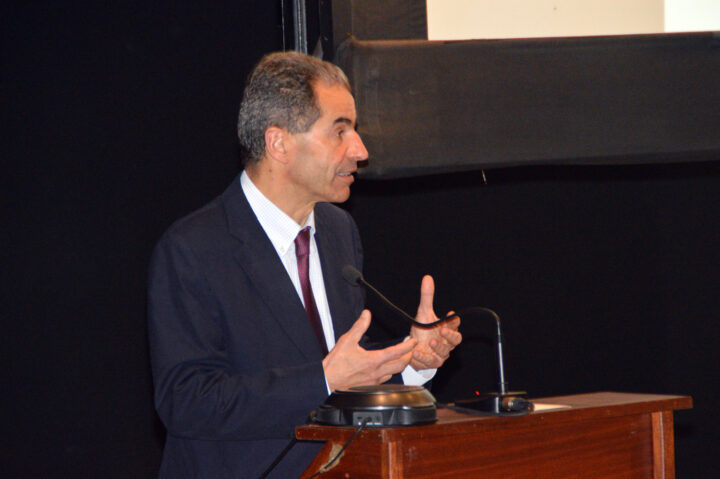
Rita Marques, Secretary of State for Tourism, who participated online in the session, highlighted that this is a step that was missing in the Algarve region.
«Today is an important day because, as we well know, the Algarve has all the conditions to develop excellent tourism. In fact, it has been recognized throughout the world for that same excellence, but, in fact, there was an important step missing here».
The official guarantees that «the Algarve is, in fact, a Portuguese region known worldwide for its tourism sector», but now it will also become one «through this project, for the production of knowledge associated with tourism».
the KIPT (Knowledge to Innovate Professions in Tourism) aims to enhance and dignify employment in the tourism sector, «assuming the human factor as the center of innovation processes and competitive advantages that contribute to a more resilient and sustainable development», explained Antónia Correia, one of the heads of the installing commission of the laboratory.
Working in partnership with universities (more research), government (better decisions) and business (more innovation, better skills and more competitiveness), KIPT wants to become a reference in Portugal and abroad, showing the sector that «it is possible to grow in the profession and reach the top of the chain».
Its mission is also to become a collaborative platform that will support policy makers, private agents, students and industry professionals, through research projects and updated information. CoLAB will thus benefit tourism, as well as businesses, people and the territory.
“Few knew what this project consisted of, but all [companies] enthusiastically joined in”, revealed Antónia Correia, adding that “we are 20 companies, we could be much more, but unfortunately the regulations do not allow it”.
Despite being limited, Antónia Correia did not rule out new partnerships, stressing that “we will summon more institutions to collaborate with us, whether they are associates, strategic partners or just collaborations”.
"We want to work with people and for people, we want to get closer to them, help them to develop the skills they need to make their dreams come true," said the official.
The Laboratory already has a «research plan based on three strategic axes of action: knowledge, observation and dissemination», because its team believes that «there can be no planning, no development, if we do not have information, and we would like this information to be in real time and very interactive», he concluded.
For his part, Marco Vieira, director of the Business Association of the Algarve Region (NERA), underlined that the Collaborative Laboratory «will be an important tool to materialize the approximation between companies and academia, counting, in this case, on collaboration and the active role of other agents».
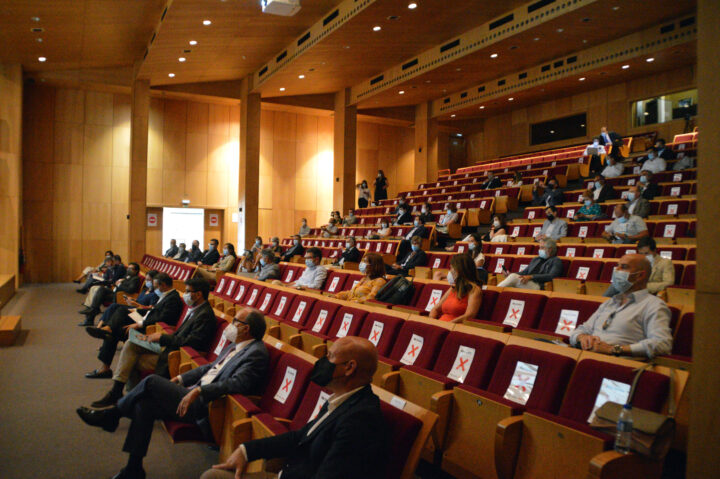
Carlos Moura, vice president of the Association of Hotels, Restaurants and Similar Services of Portugal (AHRESP), said he is pleased to see two of the strategic axes, knowledge and observation, “because data is not information and we have a huge deficit of knowledge about information on these activities'.
“Some people often look at restoration as a poorer partner in terms of knowledge, research, development and skills. It is not. It is because of its economic and social dimension, a great pillar of tourism», added Carlos Moura.
Antónia Correia, responsible for the project, had already announced that CoLab's work will be “divided into five areas of development: information; certification, quality and sustainability; innovation; entrepreneurship; and training and education, career and skills”, with the objective of “responding to the constraints of the sector”.
This last area was one of the aspects that Marco Vieira, director of NERA, highlighted: «allow me to underline the importance of training and education for the quality and sustainability of our tourist destination. I say this, bearing in mind that we are in the Algarve, a region where tourism has a decisive importance in the economy and, consequently, in employment».
José Apolinário, president of the Algarve's Regional Coordination and Development Commission (CCDR), also highlighted the need to «requalify our region». “We need to value our response from the point of view of tourism, but we all need that effort and that monitoring” by CoLAB, he defended.
João Fernandes, president of the Algarve Tourism Association, reinforced the importance of creating the Collaborative Tourism Laboratory, stressing that Portugal is weak in terms of the production of knowledge regarding the tourism sector.
“If we look at tourism competitiveness indices, we see the ranking we all boast of, the 12th most competitive country in the world in the tourism sector. But, regarding the indicators, we see that, in the production of knowledge, we are still very far from what we would like».
the KIPT it is the result of an initiative by the Faculty of Tourism and Hospitality of the European University, which was represented by Hélia Gonçalves Pereira, dean of the institution, "very much in favor of the creation of this laboratory".
The dean highlighted the fact that this is "a laboratory with a highly differentiating profile", which will "add value to an area that, in sectorial terms, was and is critical for our country: tourism, linking it to the innovation component , which is central and a critical success factor today in any sector of activity».
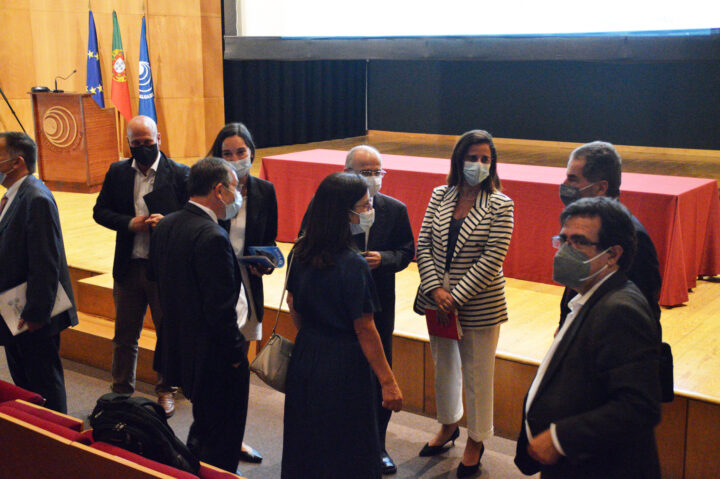
This project is funded by the Foundation for Science and Technology and will be jointly led by partner entities linked to science, technology and higher education, tourism governance, information systems, certification, hotels and restaurants, operations, travel agencies, sustainability and innovation and entrepreneurship.
They are the Universities of Algarve, Évora and Lusófona, the Polytechnic Institutes of Leiria and Bragança, UNIAUDAX – Entrepreneurship and Innovation Center and ISCTE – Lisbon University Institute.
Also part of the Tourism Center, Municipality of Loulé, Association of Hotels, Restaurants and Similar of Portugal, as well as the companies Algardata Sistemas Informáticos, SGS Portugal, Salvor – Sociedade de Investimentos Hoteleiros, Pestana Hotel Group, Vila Galé – Sociedade de Empreendimentos Tourism, HOTI STAR- Portugal Hotels, Media Invest MITG, Prizmakat, BLue Geo Lighthouse, Logical Safety and UPSTREAM – Territory Enhancement.
The Collaborative Tourism Laboratory is already thinking about internationalizing its research and actions.
«We will have, for now, the headquarters in the Algarve, but we have the ambition to work all over the country next year. We will most likely open poles in other parts of Portugal. Later, we also intend to extend the scope of this project to Portuguese-speaking countries and we also want to continue a tradition of internationalization across five continents», concluded Antónia Correia, one of those responsible for the innovative Colab do Turismo.
Photos: Rúben Bento | Sul Informação
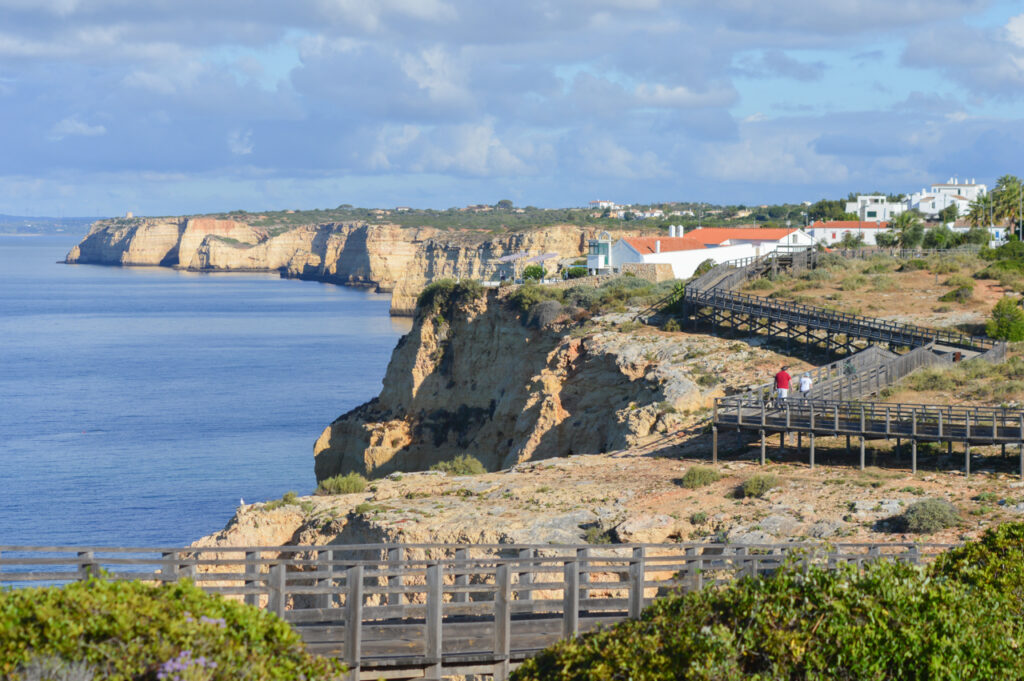
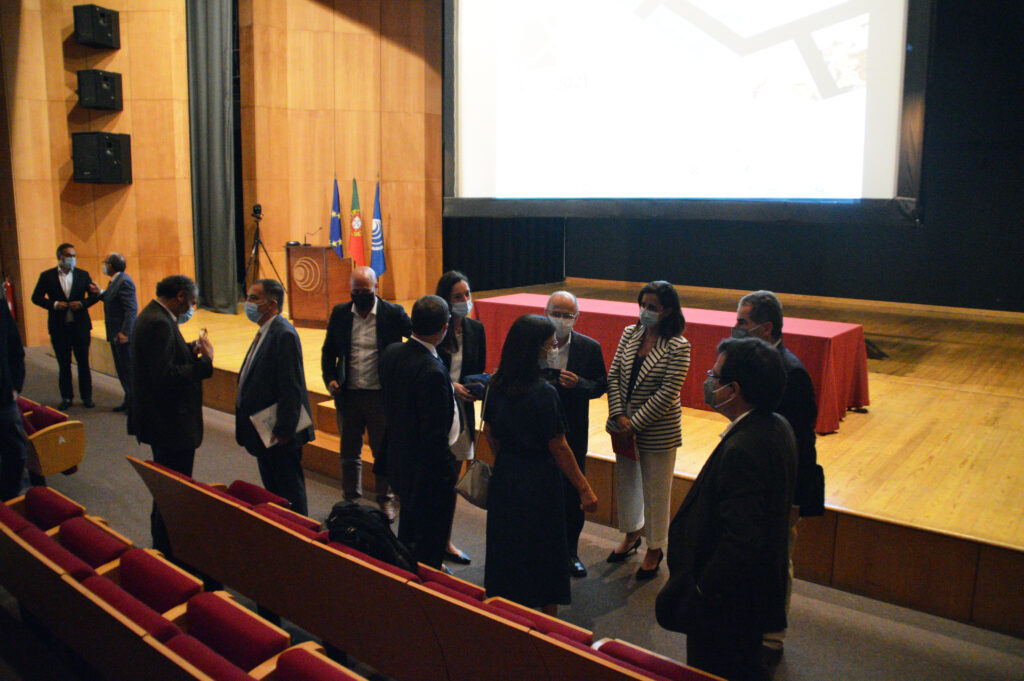
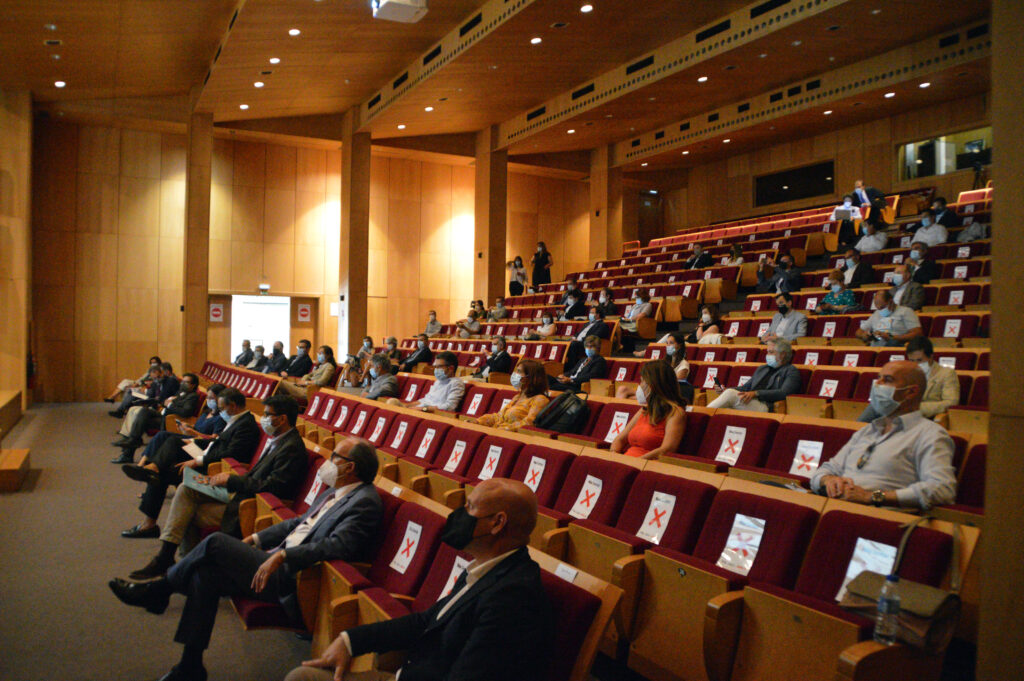
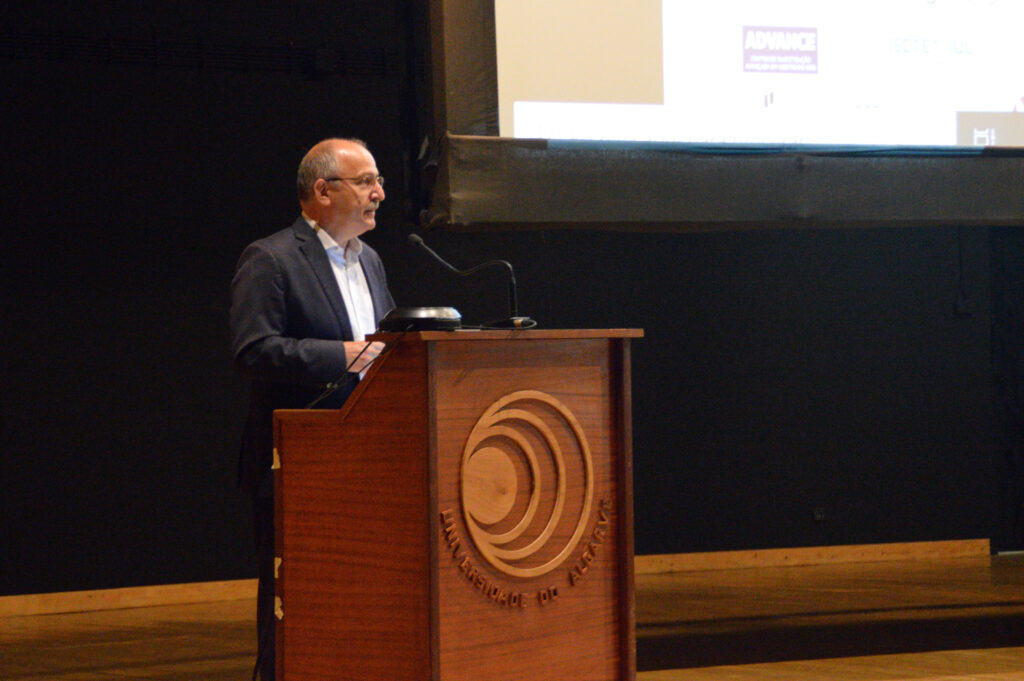
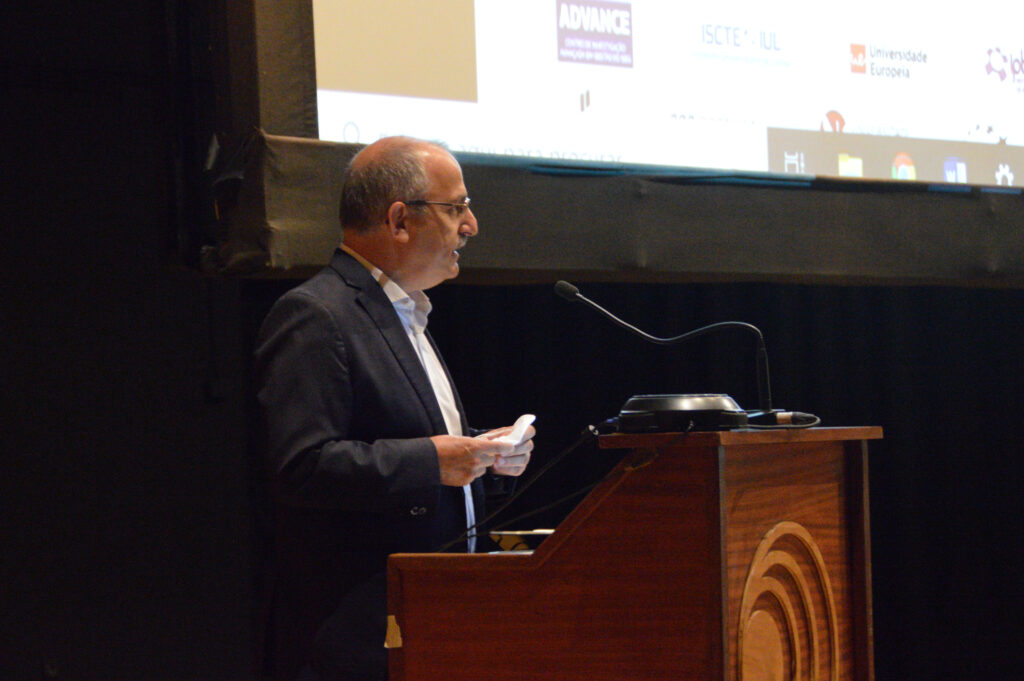
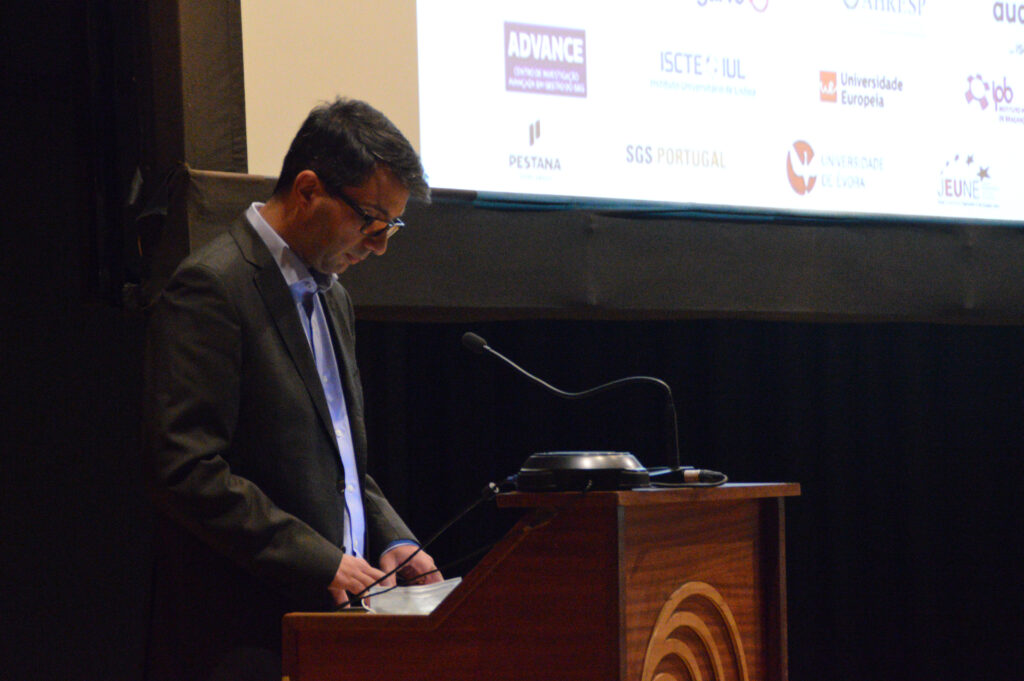
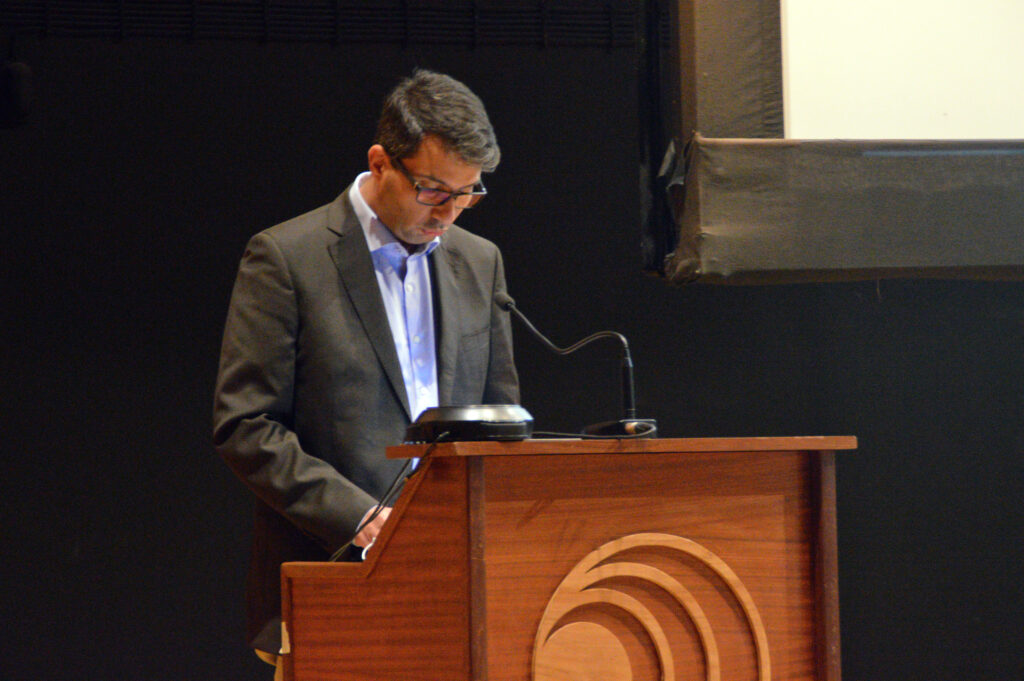
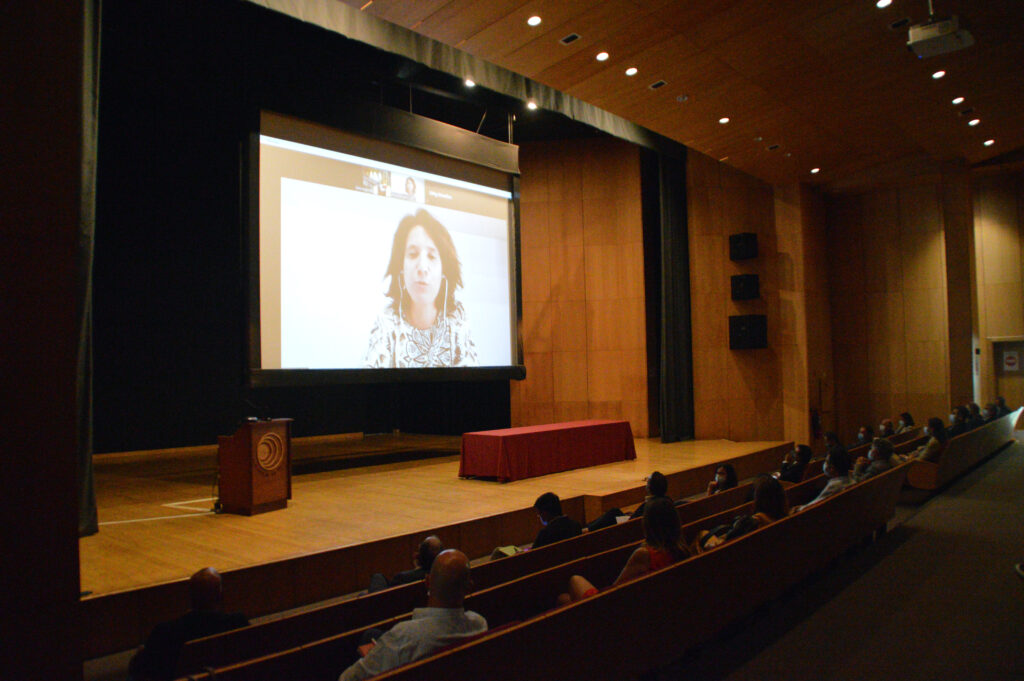
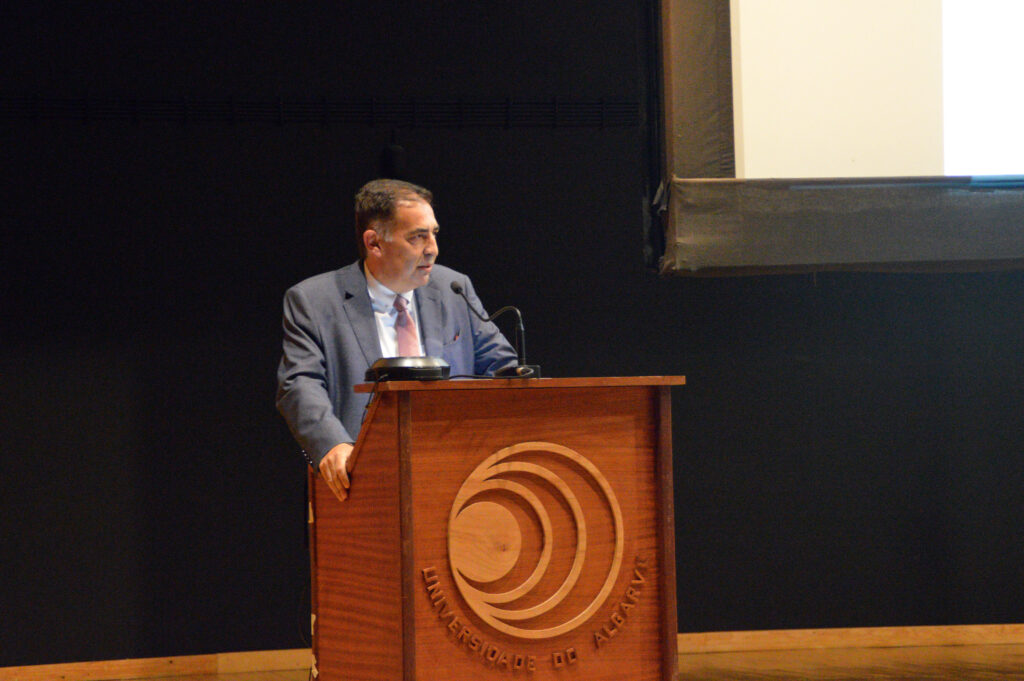
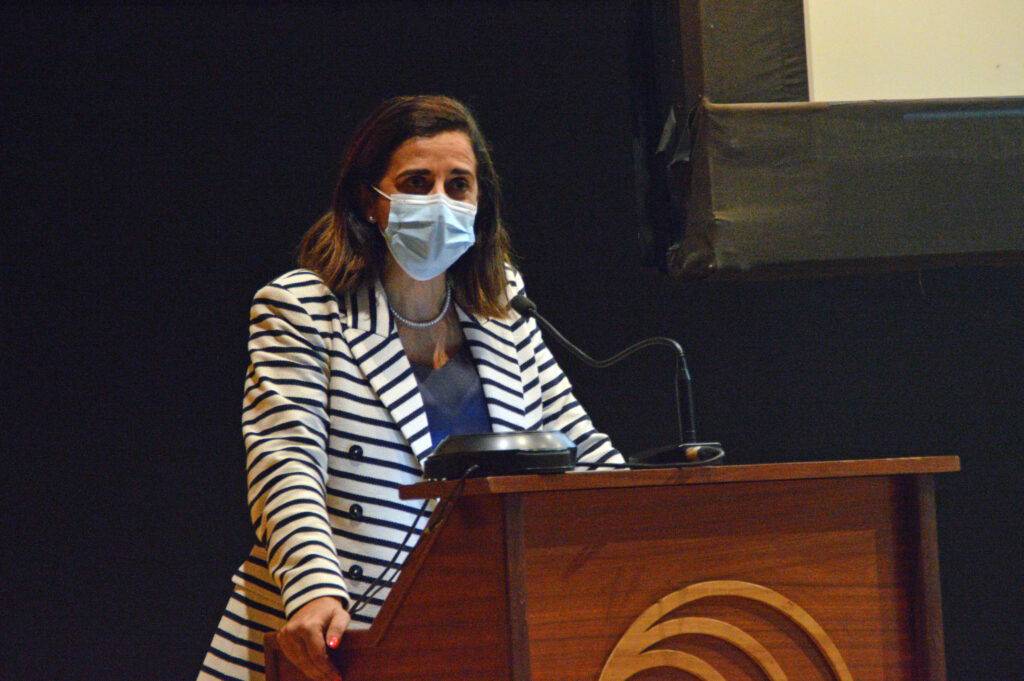
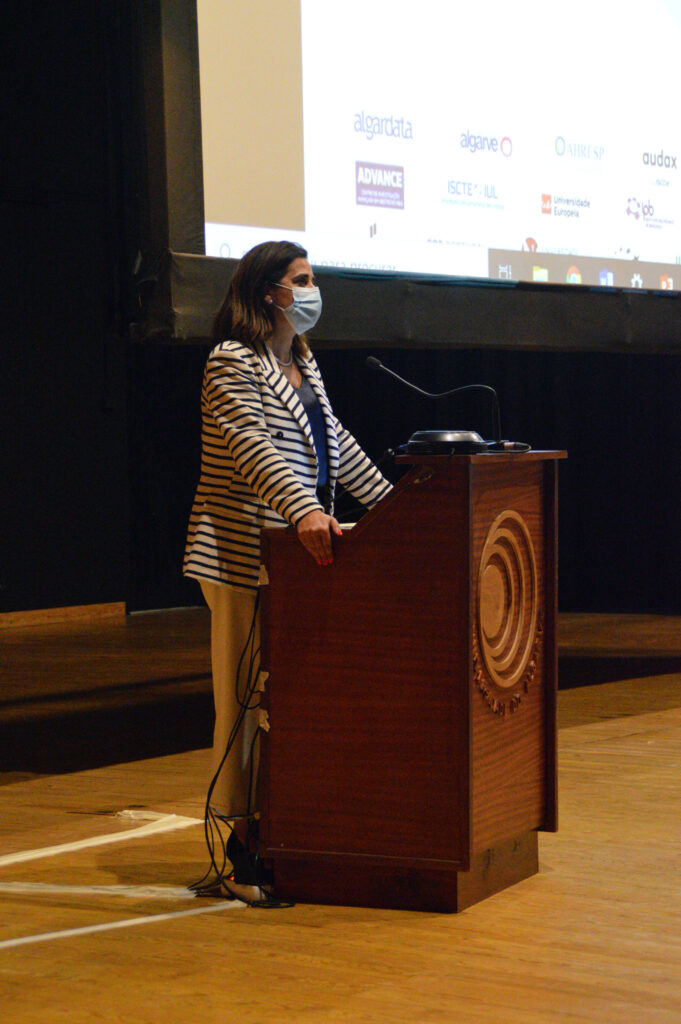
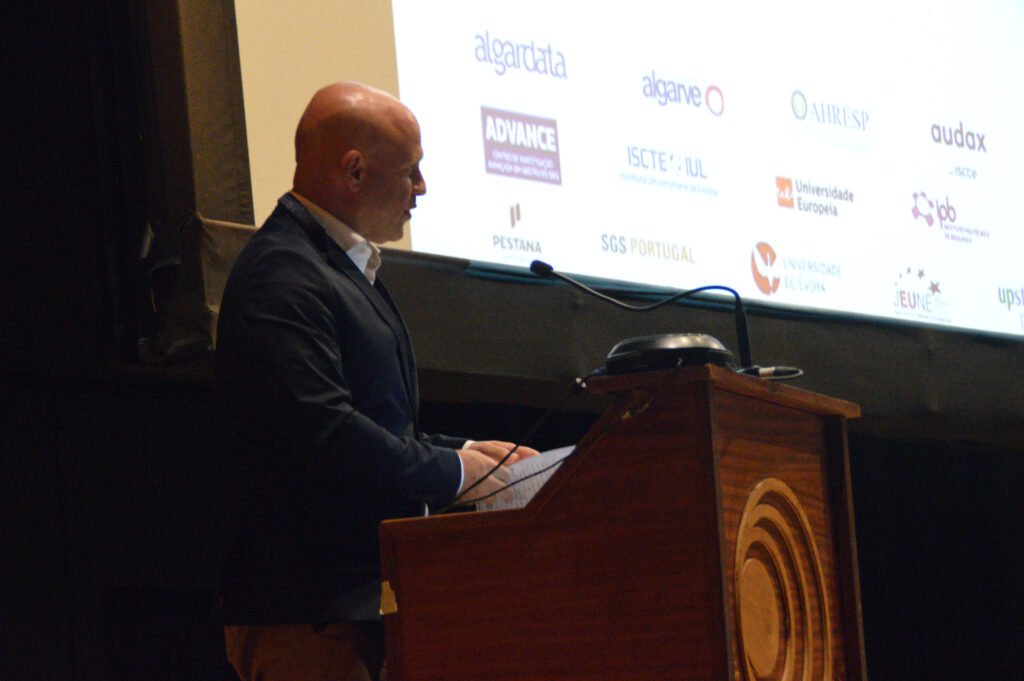
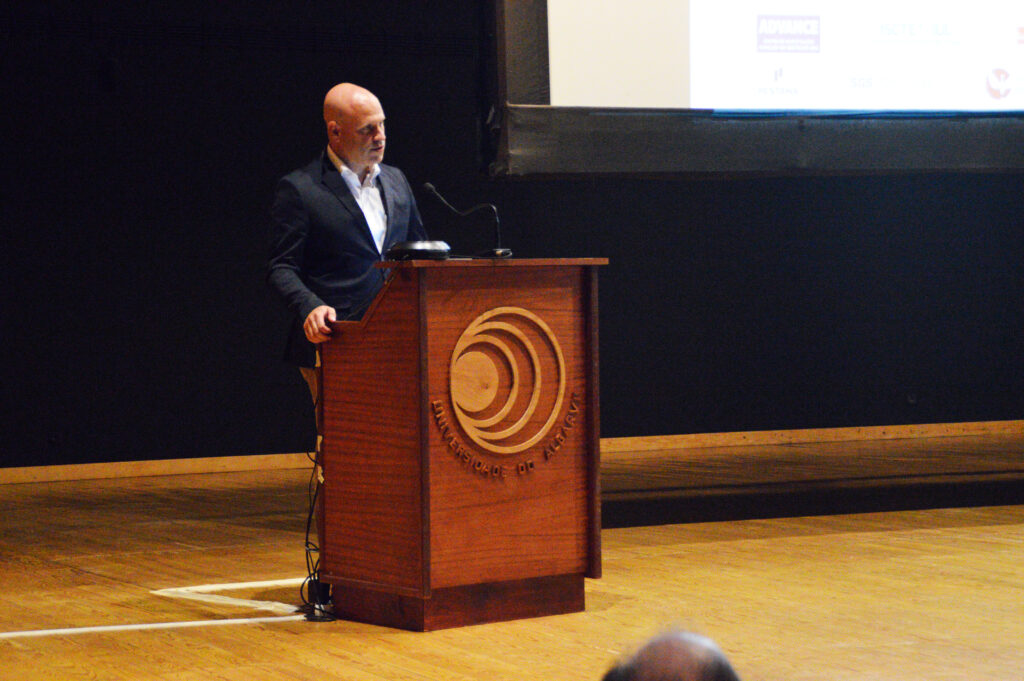
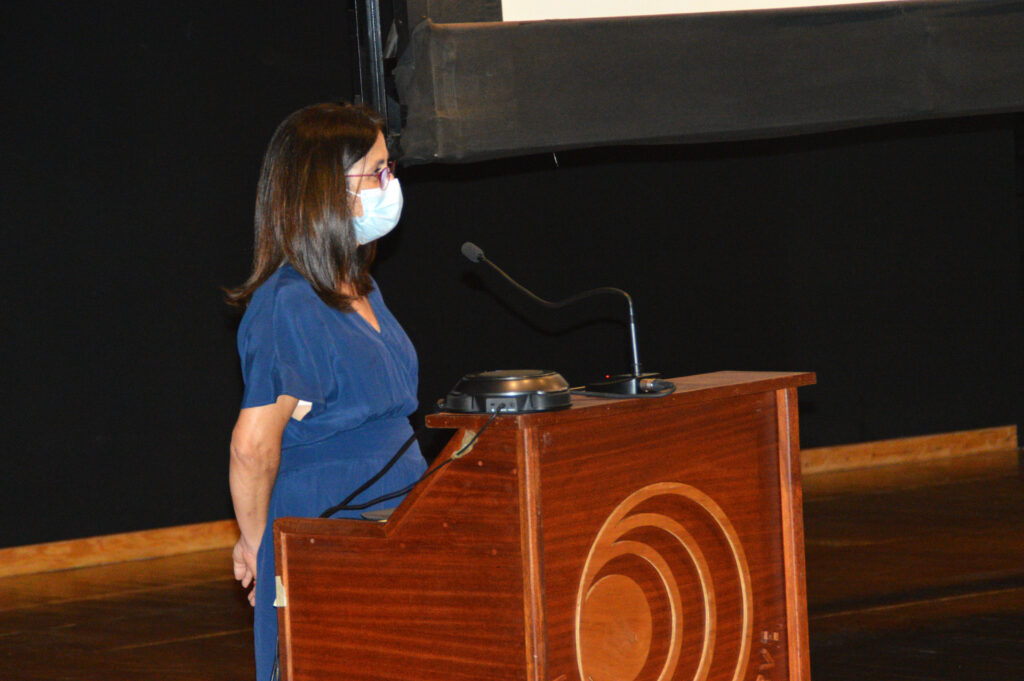
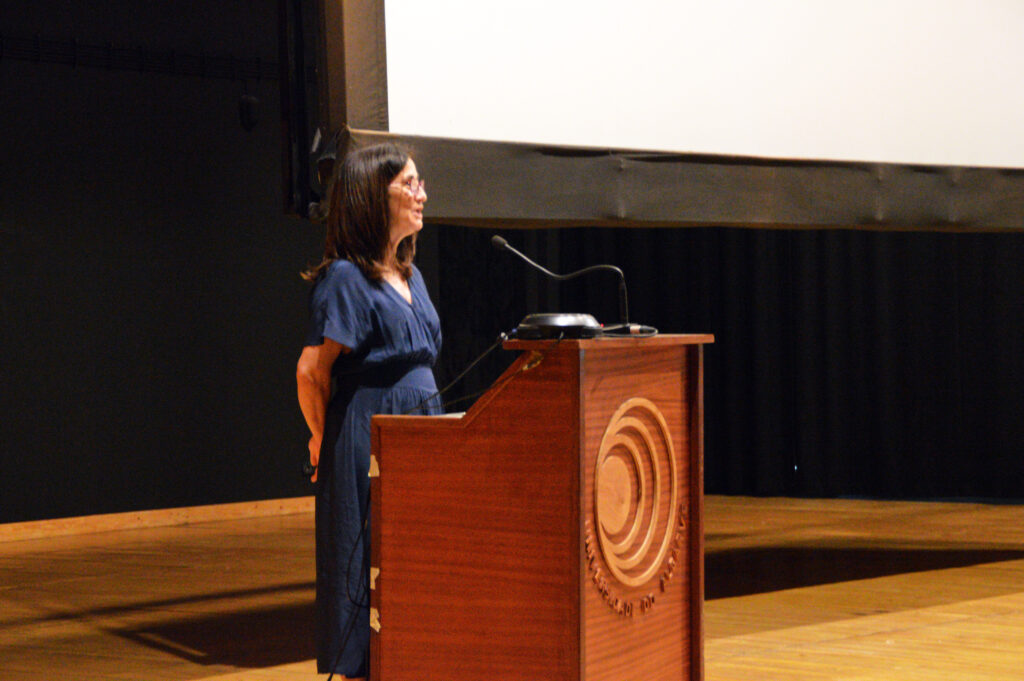
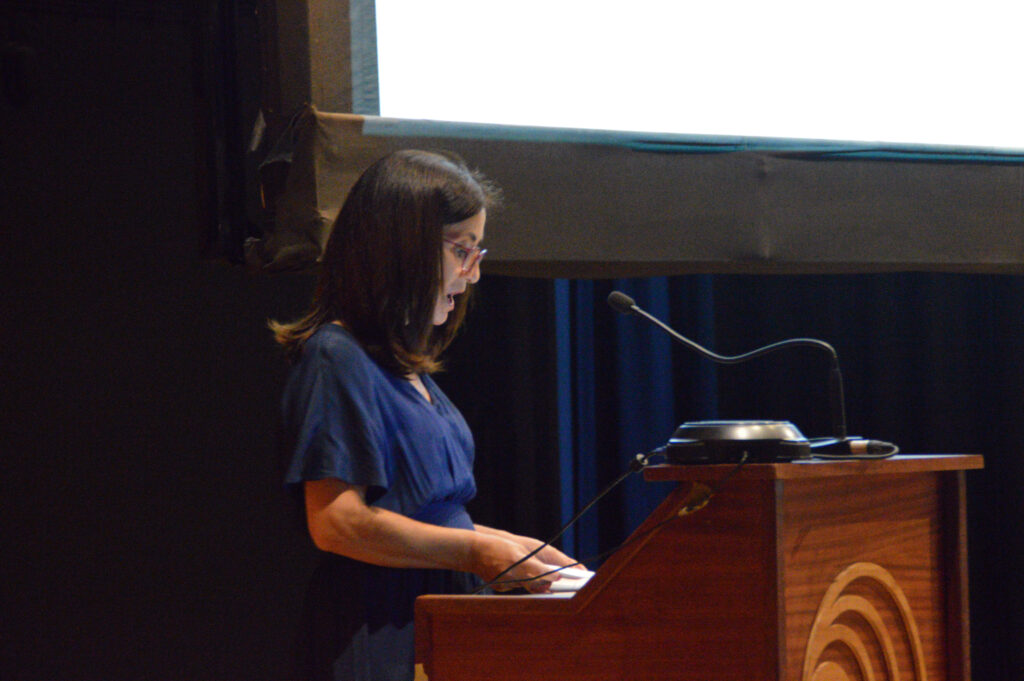
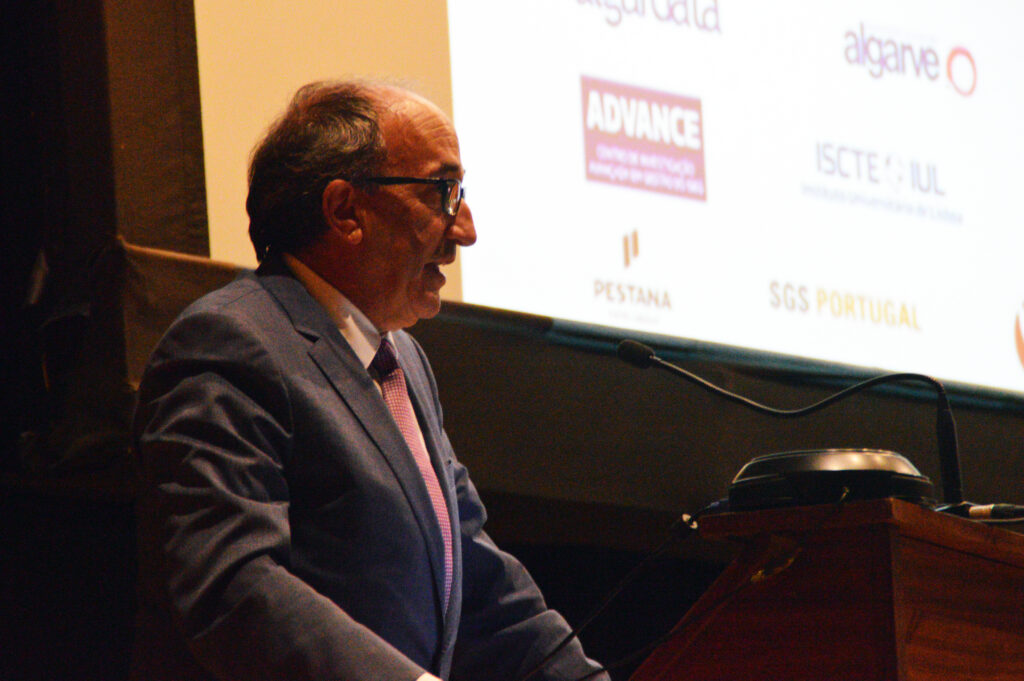
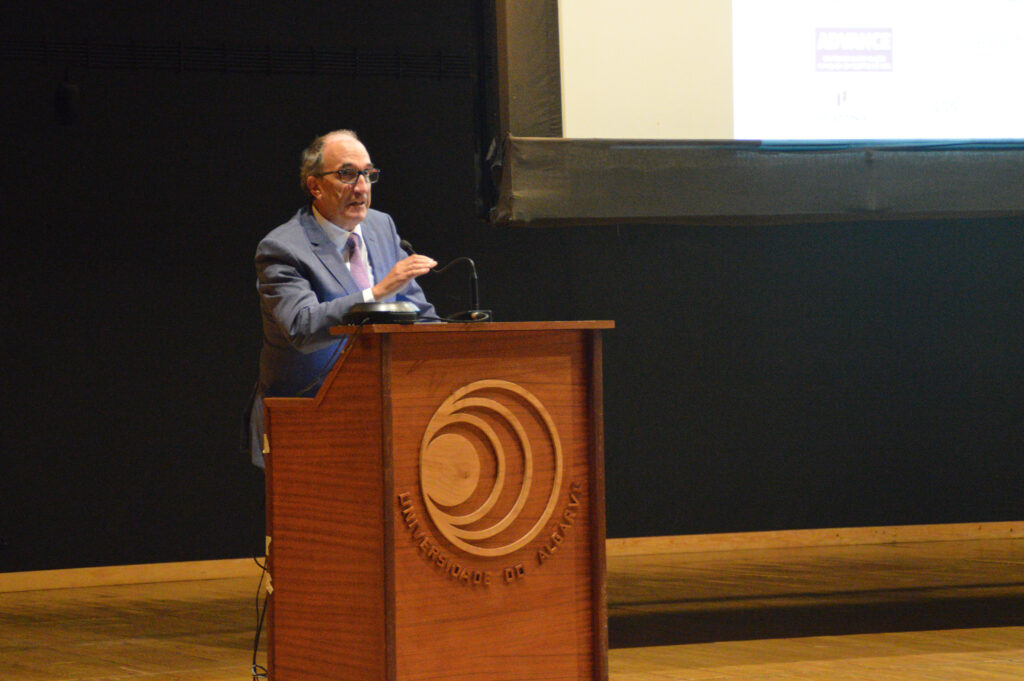
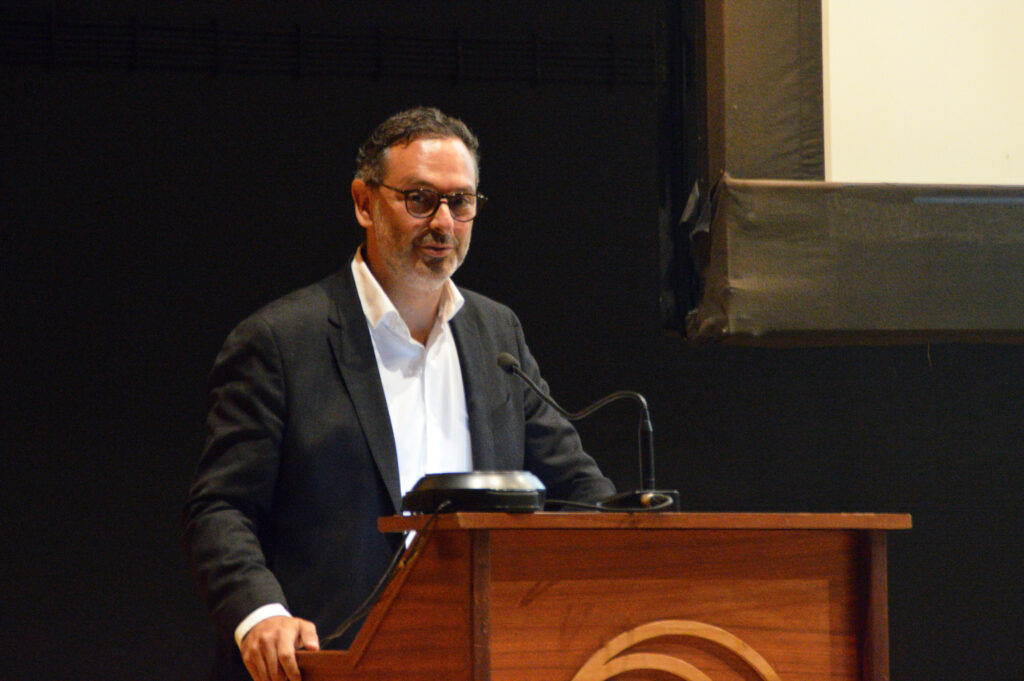
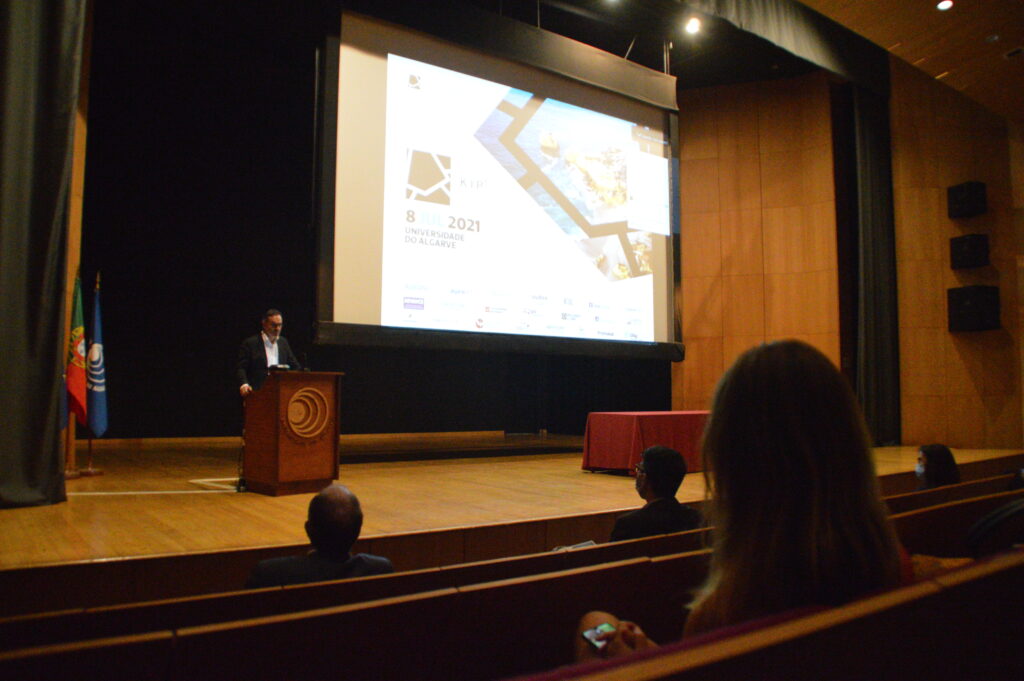
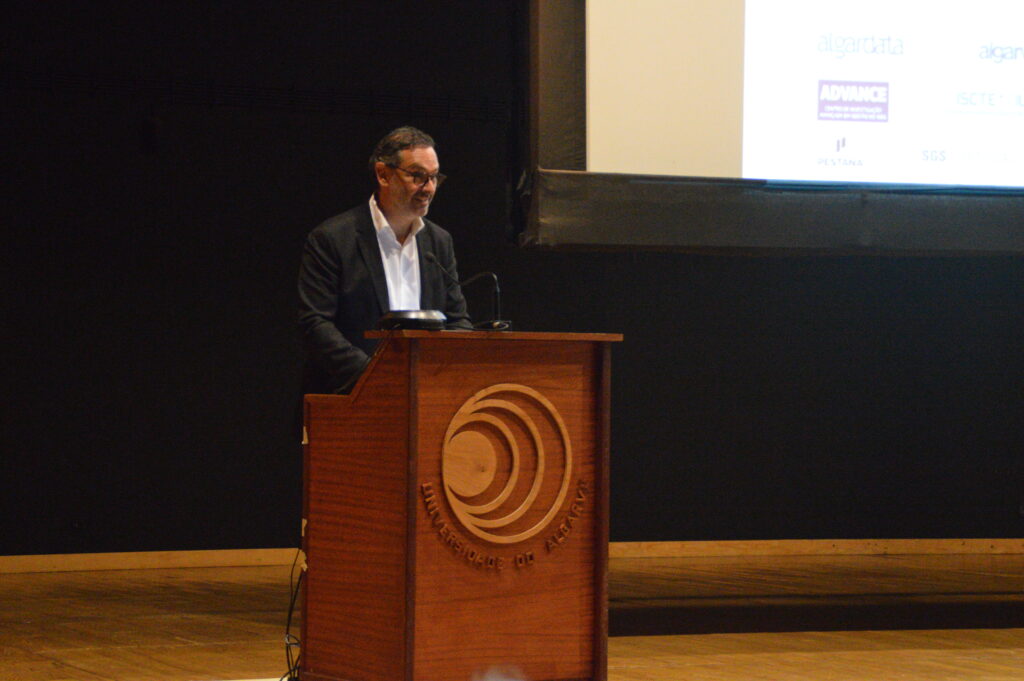
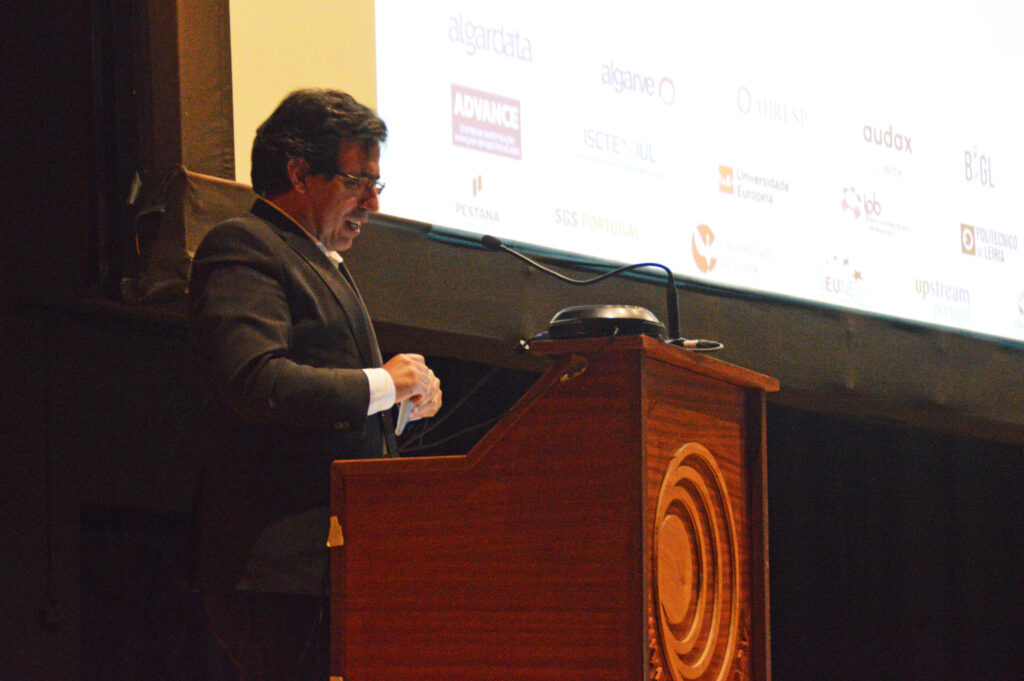
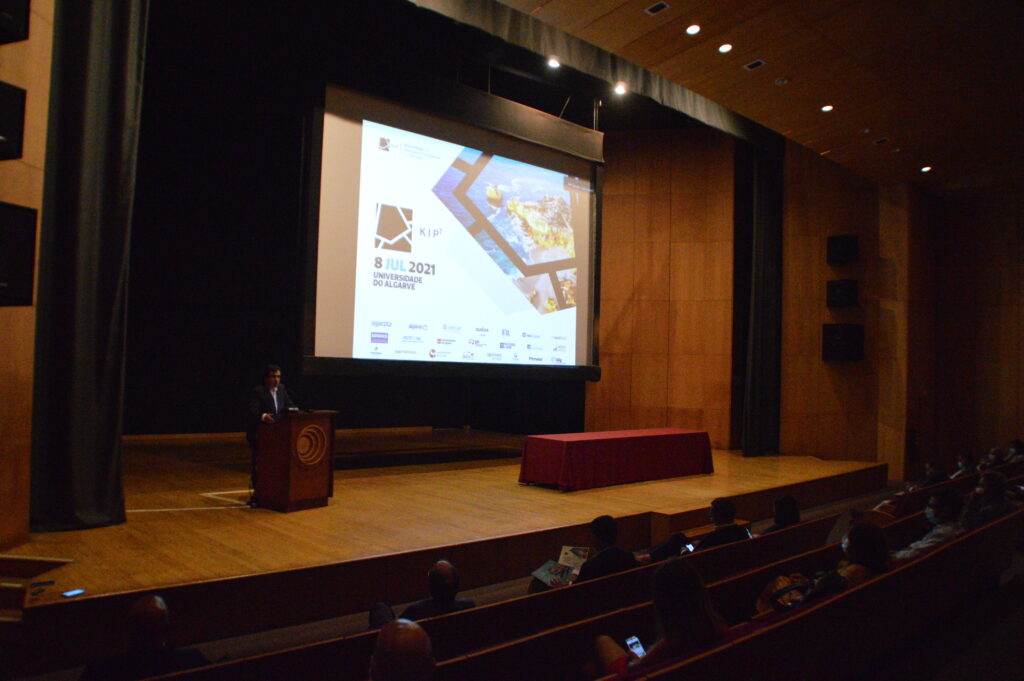
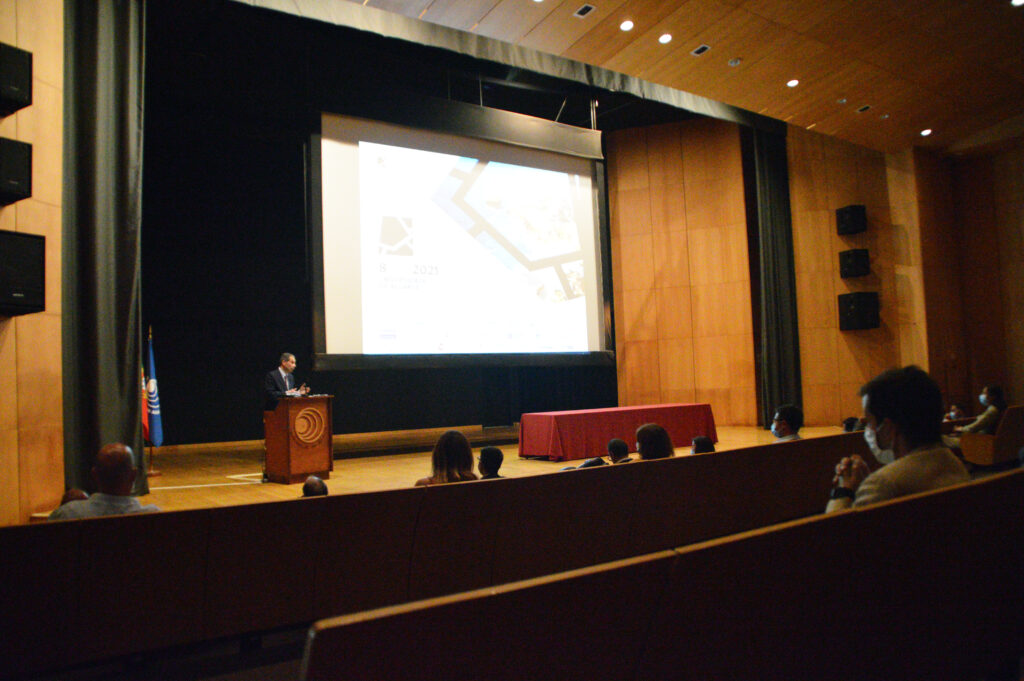
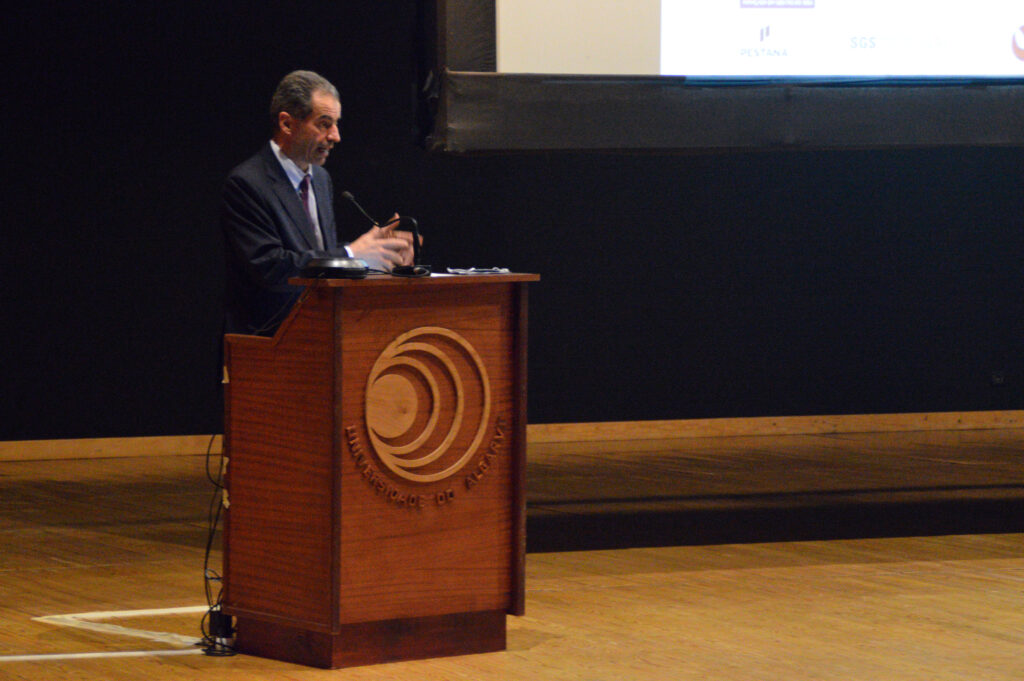
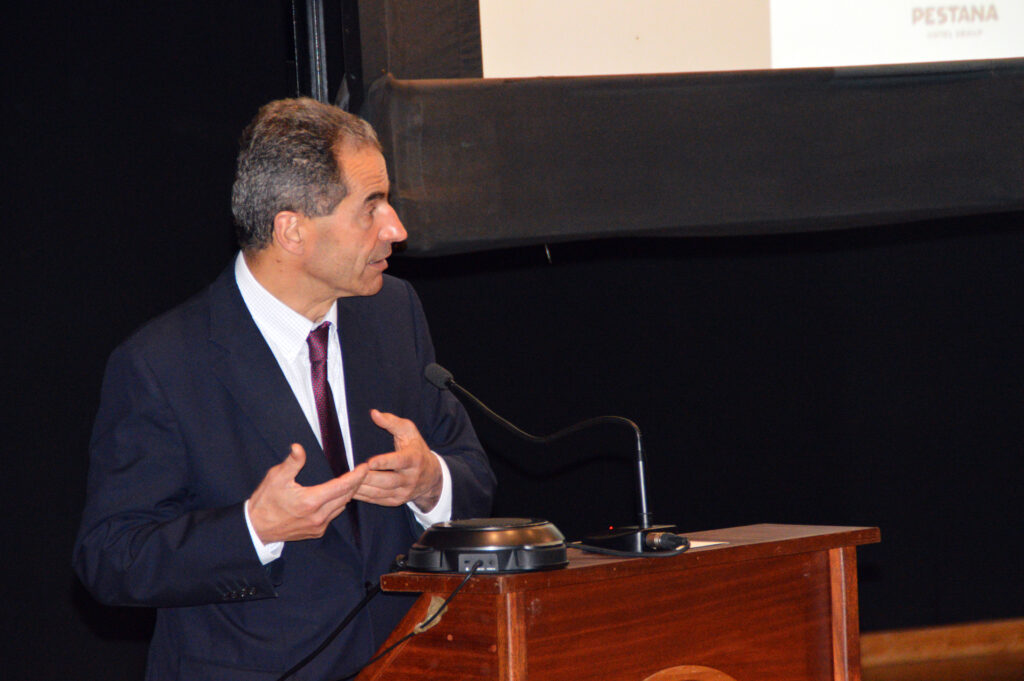
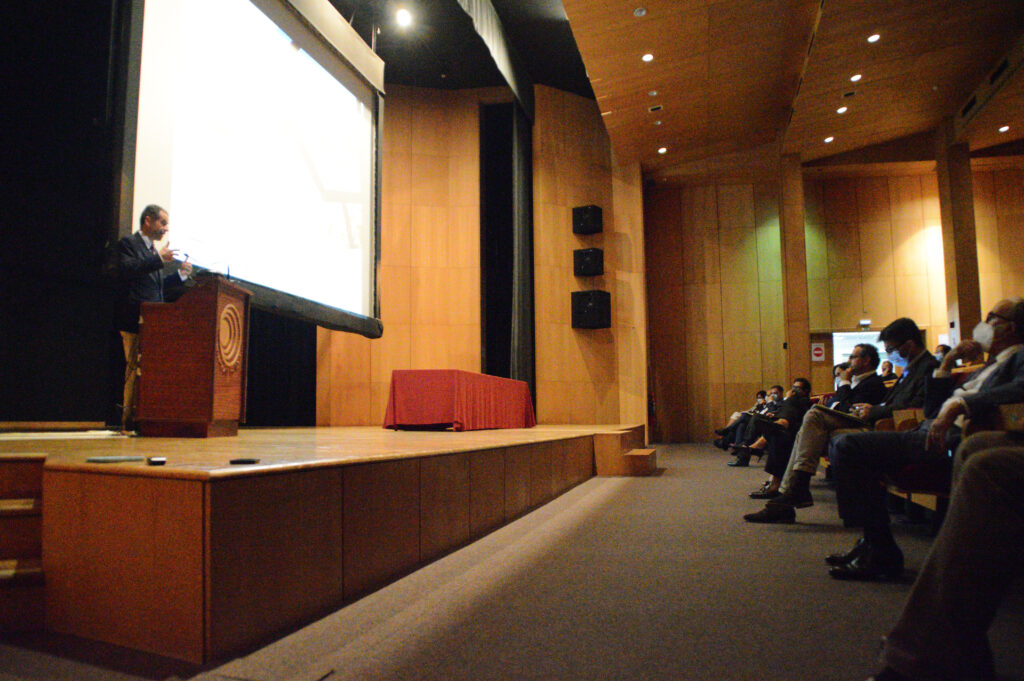
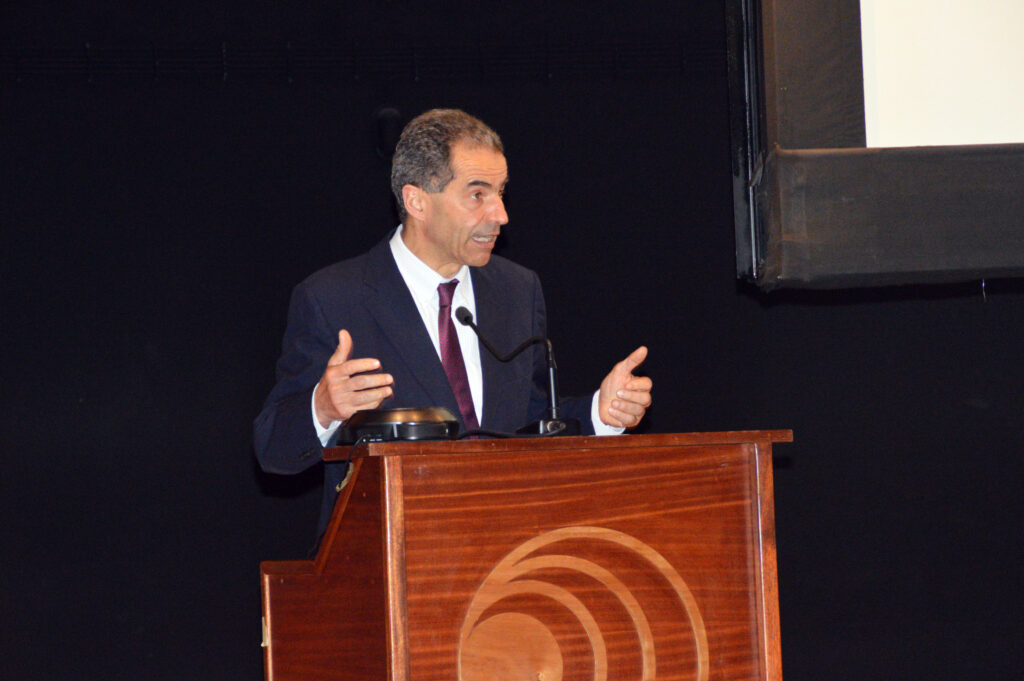
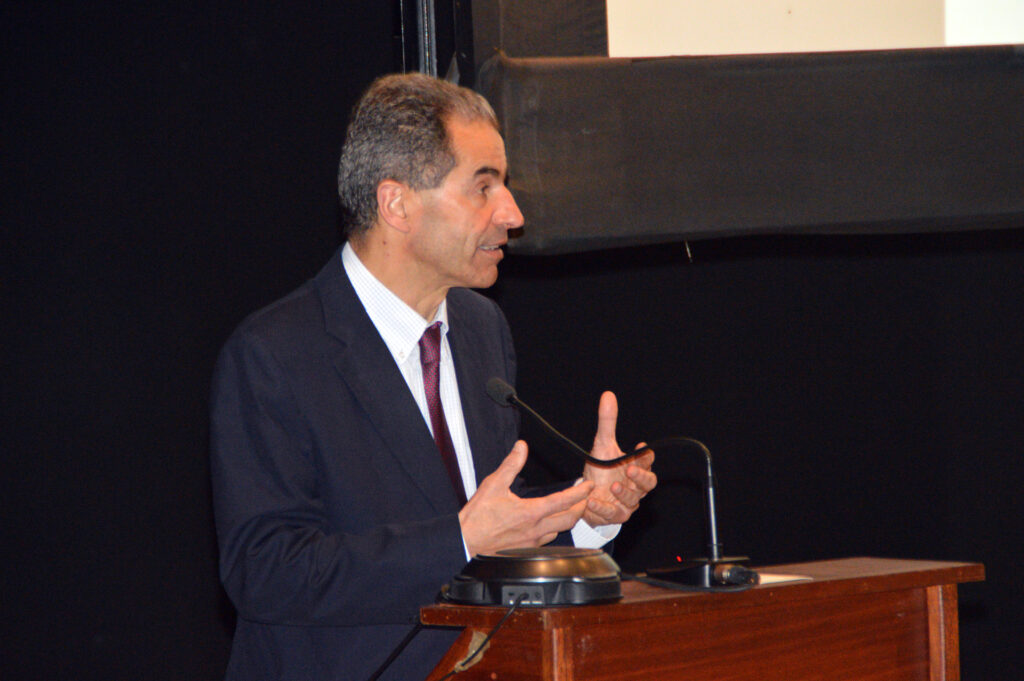
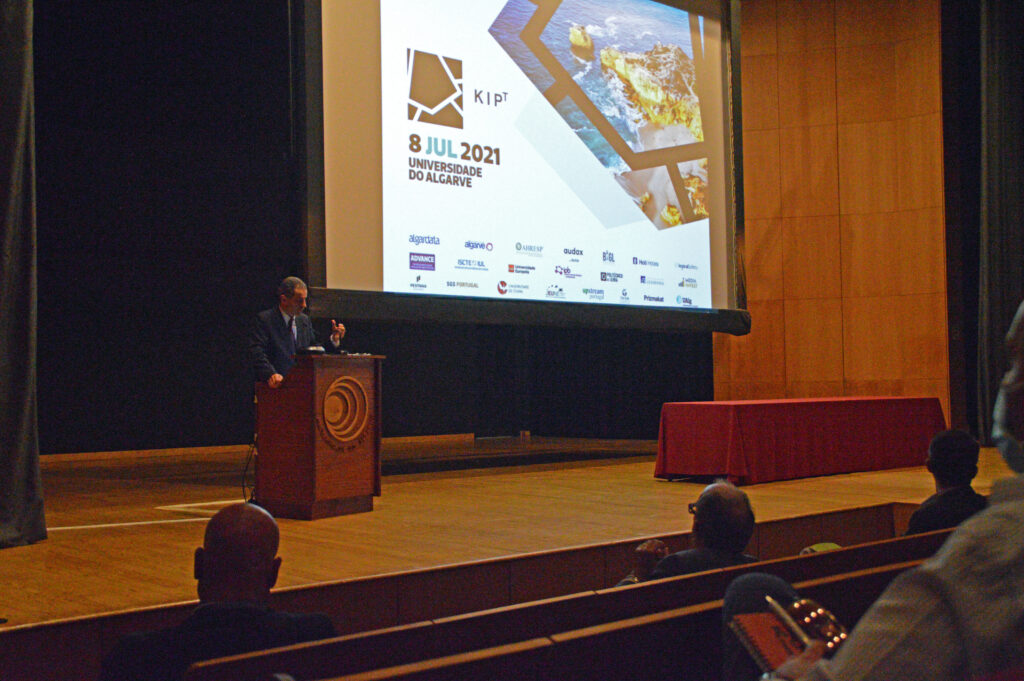
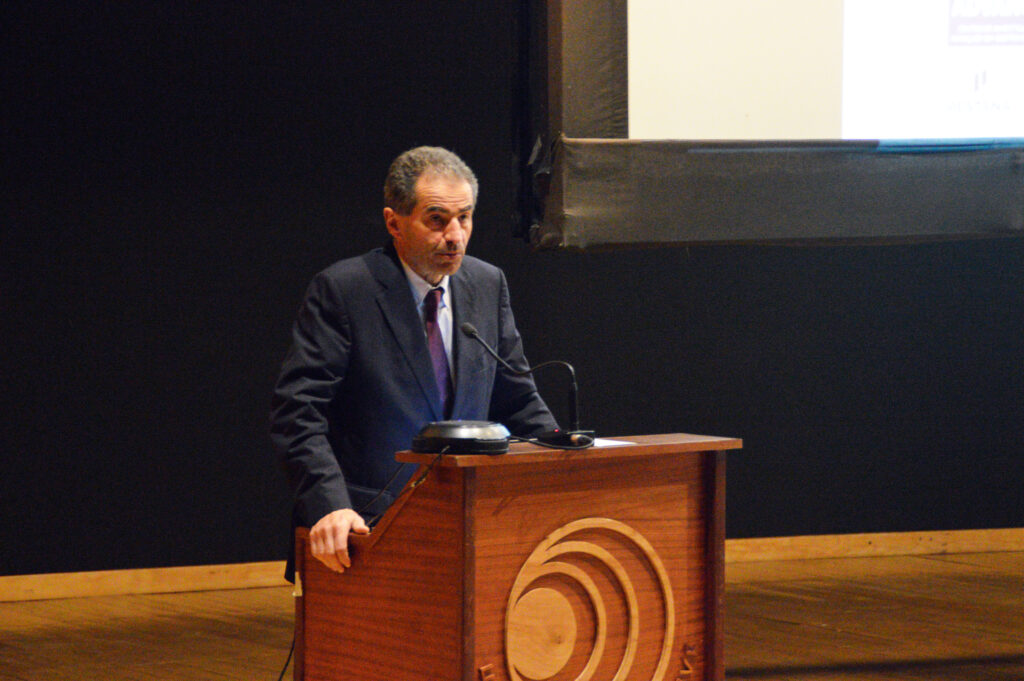
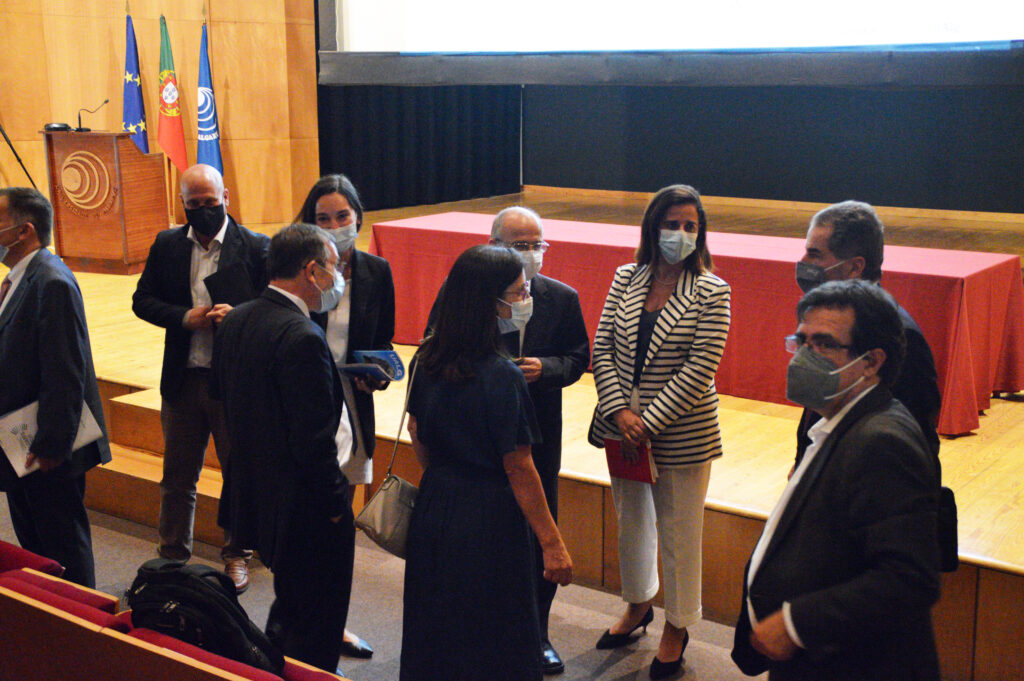


















Comments